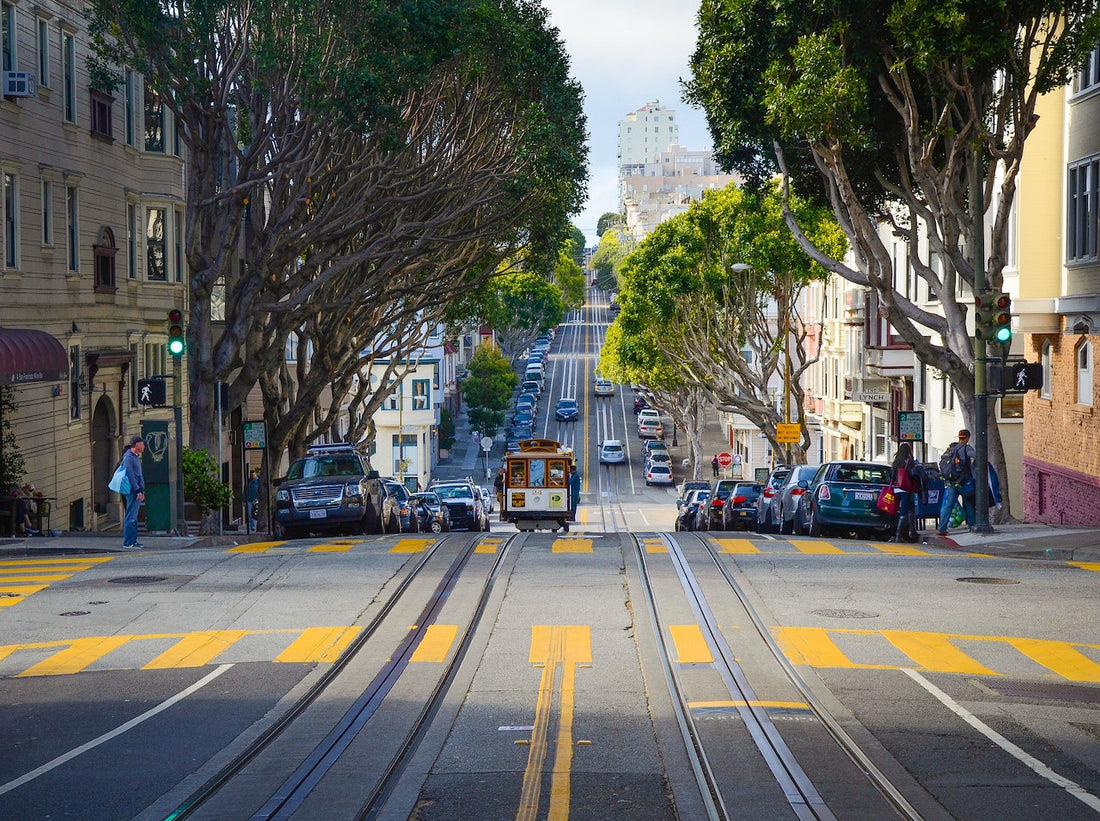Do I Need a Water Softener in the Bay Area?
California generally has hard water, so does this mean you automatically need a water softener in the Bay Area? You might be surprised to learn that the Bay Area has an interesting mix of hard versus soft water — some of California’s hardest water can be found here, as well as some of the state’s softest water.
This begs the question: how do you know if you need a water softener in your Bay Area home?
To fully answer this question, it may be helpful to learn about the water in your area with this quick read. Here’s how you can determine whether your Bay Area home needs a water softener.
Why Is Hard Water Considered Bad?
Most people don’t think of clean, high-quality water when they hear the words “hard water” in a conversation. While hard water can potentially cause a lot of problems, it’s generally considered safe to drink.
You shouldn’t consider installing a water softener in your home because the water is unsafe to drink (that’s an issue that a whole-house water filter will fix). Hard water is problematic because it can damage your home’s plumbing.
How? Hard water can increase soap residue on your appliances (causing additional wear and tear), clog shower heads, and clog your home’s pipes.
One of the easiest ways to indicate if your home might have hard water is to evaluate whether your skin or scalp feels dry and itchy after a shower. Hard water is notorious for drying skin and hair — making it difficult to stay moisturized!
How Hard is the Water in the Bay Area?
Water hardness is measured in grains per gallon of water (gpg). Here’s a water hardness scale to get a clearer picture of the Bay Area’s water hardness levels:
- Anything less than 1 grain per gallon is considered soft
- Slightly hard: 1 - 3.5 grains per gallon
- Moderately hard: 3.5 - 7 grains per gallon
- Hard: 7 - 10 grains per gallon
- Very hard: anything over 10 grains per gallon
Since the Bay Area is so widespread, experts can’t calculate the entire area’s water hardness levels — especially because these levels vary greatly.
The University of British Columbia makes the drastic difference clear: “While California water as a whole is considered very hard, two of the main cities of the Bay Area, San Francisco and San Jose, have drastically different hardness levels of their water, despite only being approximately 50 miles away from each other.”
What are those drastic differences in water hardness levels? San Jose uses mostly groundwater, which falls anywhere from 11 to 26 grains per gallon. It doesn’t matter where San Jose’s groundwater falls on their scale; it will always be deemed “very hard” as it’s higher than 10 grains per gallon.
San Jose Water addresses their city’s “very hard” water levels: “Most of our water contains two harmless minerals: calcium and magnesium. These minerals are formed when water comes into contact with limestone, which contains calcium and dolomite, which introduces magnesium. Together, calcium and magnesium give water its ‘hardness.’ You may notice hard water on your showerhead and shower doors. Although you may find it troublesome, hardness does not affect the safety of your water supply.”
San Jose Water officials are correct about one thing: hard water doesn’t mean it isn’t safe to use or drink. The problem is that hard water might not affect a person’s safety, but it could affect them financially by damaging their home’s plumbing or appliances. The city also didn’t mention how hard water affects skin and hair health.
If you live in the San Jose area, it’s recommended that you install a whole-home water filter in your home to prevent any potential issues.
On the other hand, San Francisco is notoriously known for having some of the “softest” water in California.
Here’s the thing: San Francisco's water still isn’t deemed soft. South San Francisco has “slightly hard” water at 2.7 grains per gallon.
According to East Bay Municipal Utility District, “slightly hard” water seems to be a common thread in the Bay Area. Sobrante, Upper San Leandro, and Walnut Creek also have “slightly hard” water.
Do I Need a Water Softener if My Community Has “Slightly Hard” Water?
If you live somewhere with “really hard” water, like San Jose, investing in a whole-home water softener may seem a little more obvious. Ultimately, deciding whether to invest in a water softener in your Bay Area home is a personal decision. Adding a water softener to your home will only better guarantee that your home has high-quality water that doesn’t damage your plumbing, appliances, or skin.
Filter Smart’s salt-free water softeners are environmentally friendly, don’t require electricity, and have up to 99% scale reduction. The reusable tank is guaranteed for life, and maintenance is simple, making it easier than ever to enjoy soft water in your Bay Area home.






